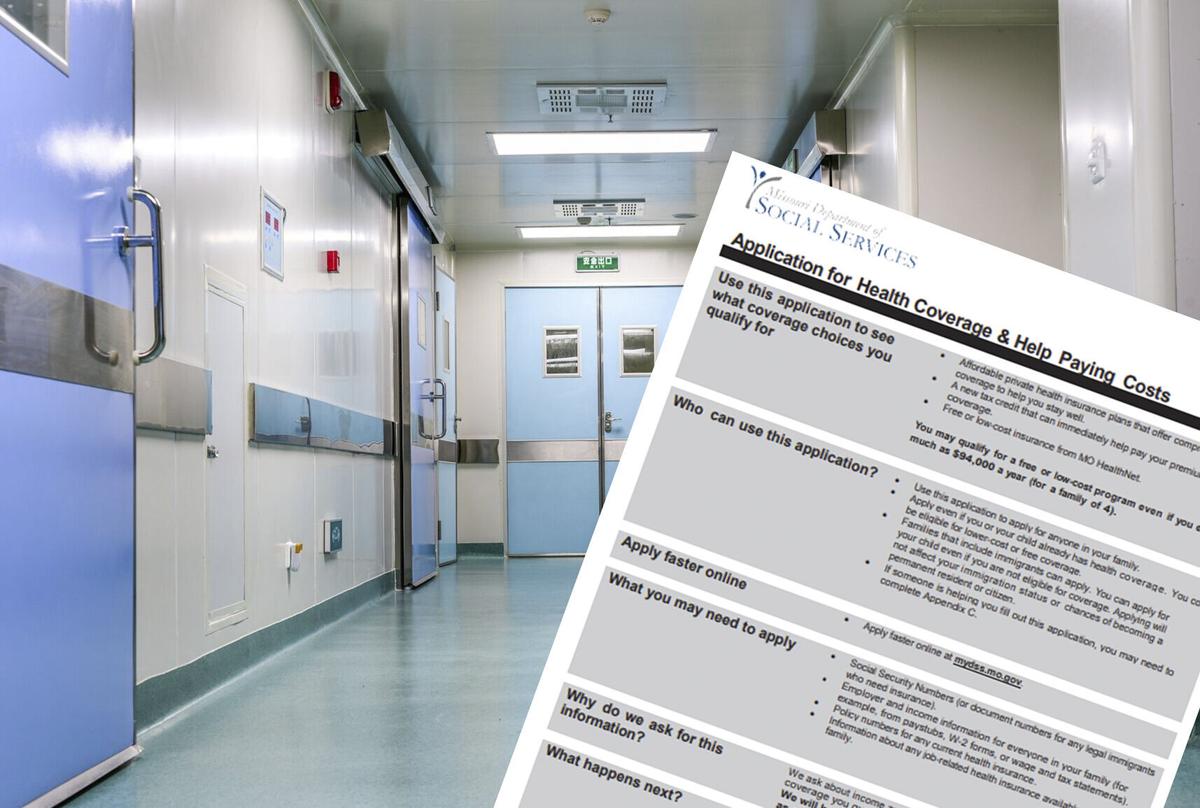JEFFERSON CITY â The director of the state agency overseeing Medicaid says an application backlog that caught the federal governmentâs attention has been eliminated.
âIâm pleased to tell you today that that backlog is no more,â Robert Knodell, acting director of the Department of Social Services, told members of a House budget panel on Wednesday.
The Centers for Medicare and Medicaid Services in July approved a plan to help Missouri reduce wait times within the stateâs expanded Medicaid program.
Wait times for patients seeking coverage had stretched to more than 100 days while federal guidelines say patients should be approved for benefits within 45 days.
People are also reading…
âWe are now processing current Medicaid applications within the federal requirement of 45 days,â Knodell told the House Subcommittee on Appropriations â Health, Mental Health and Social Services.
âNobody has an untouched Medicaid application older than 45 days,â he said later.
The state could hold onto applications longer than that in cases where officials are waiting for more information from the applicant, Knodell said.
Knodell said Family Support Division Director Kim Evans and her team deserved âa tremendous amount of creditâ for the improvement. He also praised recent technology upgrades and higher pay for state workers.
He said another factor was âour work with the federal government on flexibilitiesâ provided to the state.
Missouri began enrolling people in its expanded Medicaid program in October after voters authorized the taxpayer-paid health insurance coverage for low-income adults in August 2020.
As of Aug. 26, the state had enrolled 228,361 people in the adult expansion group, according to figures published by the Department of Social Services.
During the Wednesday hearing, lawmakers also heard from officials with the Department of Mental Health. The state has been grappling with delays in placing Missourians with developmental disabilities in residential care settings.
There were at least 623 people with developmental disabilities on a waiting list for residential care â more than four times as many as one year ago, the Post-Dispatch reported this month.










